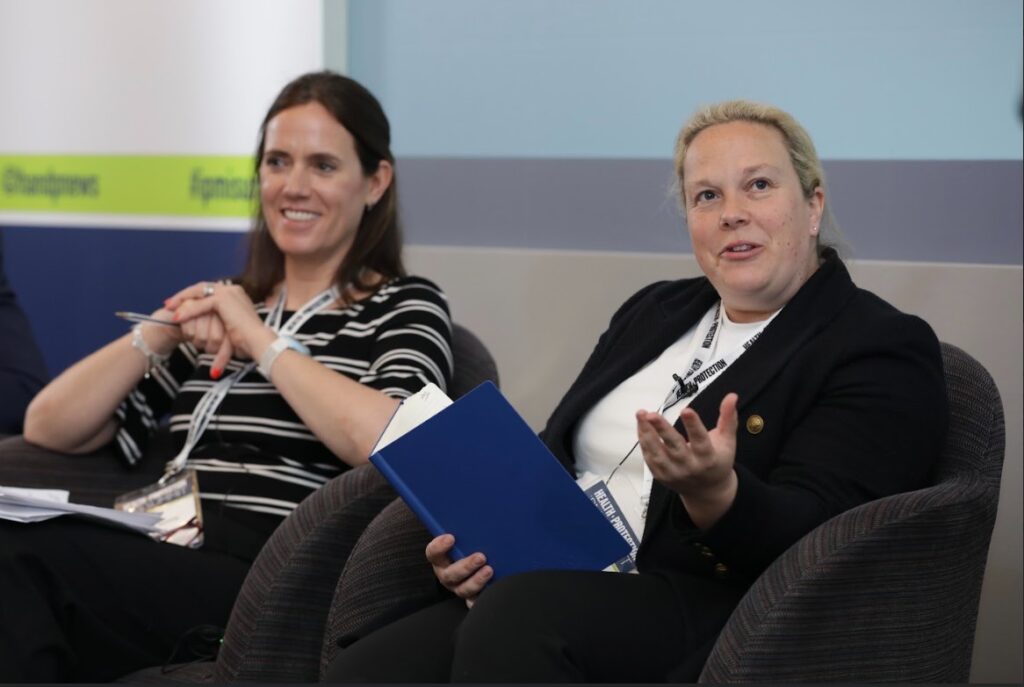While artificial intelligence (AI) is being put to use in fielding out of hours calls and performing back office operations, international private medical insurance advisers need to be mindful of customers who prefer speaking to a real person over a machine.
This was one of the key findings from the final roundtable feedback session at Health & Protection’s third annual IPMI Summit at Sopwell House.
Paul Nugent, CEO at Santé Group, revealed his company focuses on the use of chatbots not just for immediately assisting customers but to help them find out what they are covered for.
“I know as advisers you always want to be there, but if it’s Sunday and you’ve got something on, it’s a way to enable a client to find policy information by talking to a chatbot.
“And I’ve just got into these things – I never would have done years ago. I was scared of AI but it works and it’s learning all the time.
“So every time someone uses it, I think AI will learn and the only way it will get better is if we embrace it and use it.”
Emma Wood, director of healthcare at Broadway Insurance Brokers (pictured right), said her firm has found AI excels in performing back office processes.
“All those jobs that perhaps take away time which could be spent elsewhere and easily done with AI, without it causing any issues,” Wood said.
“I think that’s where we focus – in the back office admin.”
But David Skinner, managing director at PIB Employee Benefits, pointed out timing and readiness from the customer to embrace the technology is also key.
“We think this is all great for our insurance but is the customer ready for it?
“Unless the buying customer is ready for it, then technology will still take a back seat to that personal engagement.”
Picking up the theme, Wood pointed to the example of the banking industry.
“How many times do you see the latest branch shutting down?
“Some people are not bothered in the slightest because they’re quite happy to do everything through their phone – but other people think, ‘Oh my God, when I am actually going to speak to a human being or see a human being?’
“Again, it’s generational and again, I think depends on the individual.”
Claire Kenny, principal consultant and team leader for global mobility at Aon Global Benefits Practice, (pictured left) added: “We were talking about smart devices. So you’ve got people with diabetes and it’s all linked to their phone so possibly more of that.
“And if there are concerns, does that automatically contact the hospital and those sorts of things?”
